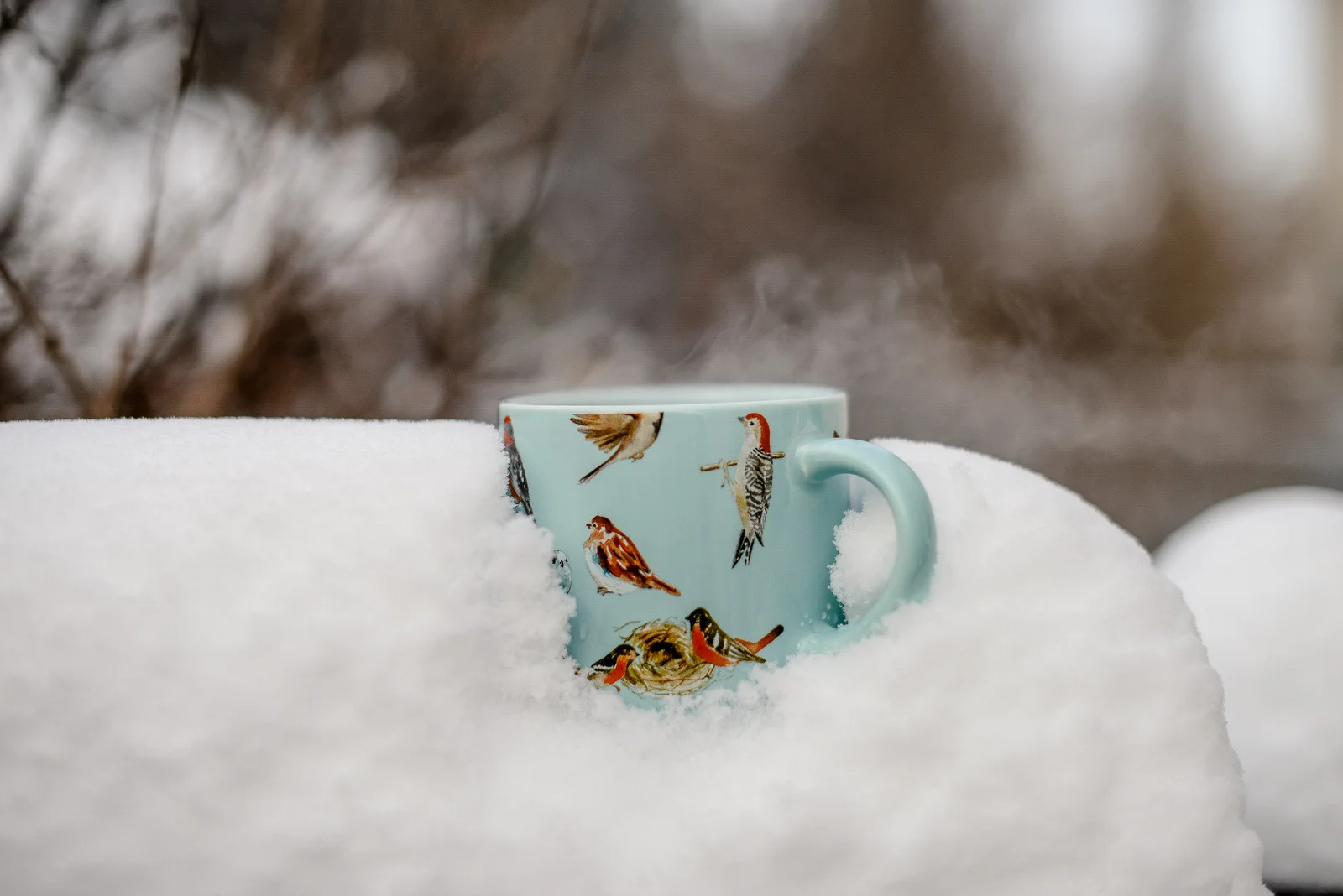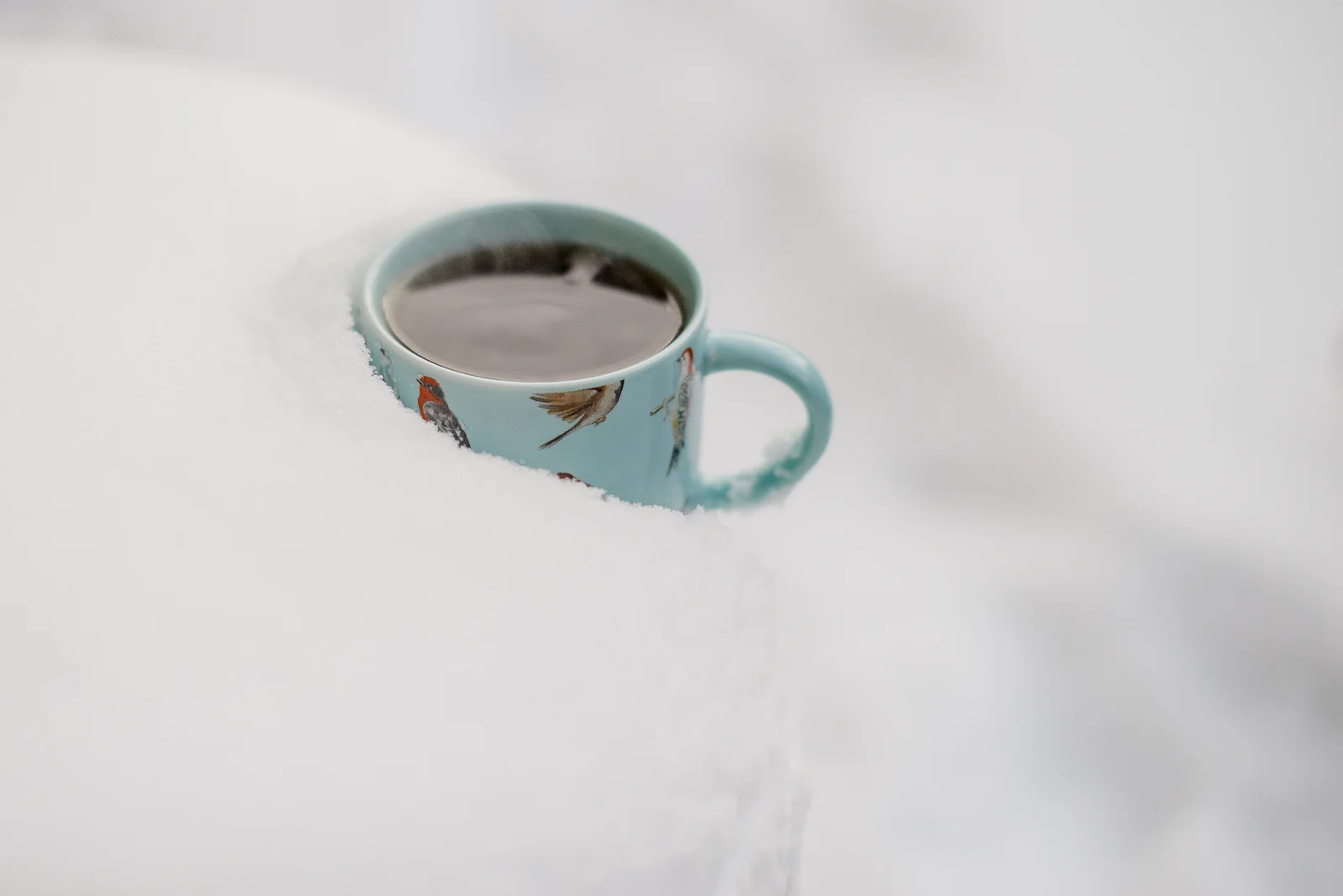Bewilderment, Wonder, and Tea in the Snow
Today’s post is about bewilderment. Conventional knowledge is death to our souls, says Rumi. And, “be notorious.” You know, why not? Let’s be mad together, and have tea in the snow….
Bewilderment
by Rumi
There are many guises for intelligence.
One part of you is gliding in a high windstream,
while your more ordinary notions
take little steps and peck at the ground.
Conventional knowledge is death to our souls,
and it is not really ours. It is laid on.
Yet we keep saying we find “rest” in these “beliefs.”
We must become ignorant of what we have been taught
and be instead bewildered.
Run from what is profitable and comfortable.
Distrust anyone who praises you.
Give your investment money, and the interest
on the capital, to those who are actually destitute.
Forget safety. Live where you fear to live.
Destroy your reputation. Be notorious.
I have tried prudent planning long enough.
From now on, I’ll be mad.
I started thinking about the state of bewilderment because I’ve been revisiting Fanny Howe’s essays in The Wedding Dress and her piece on same. It begins, “What I have been thinking about, lately, is bewilderment as a way of entering the day as much as the work.
Bewilderment as a poetics and an ethics.” She goes on to say, “In the Dictionary, to bewilder is “to cause to lose one's sense of where one is.”” Her essay happens to be online and you can read it here.
In an interview, the poet Kaveh Akbar says:
“I was actually talking with my graduate workshop yesterday about how an orientation towards wonder, as a poet, is absolutely necessary. I really do sincerely feel that bewilderment is at the core of every great poem, and in order to be bewildered, you have to be able to wonder. You absolutely have to be permeable to wonder. Maintaining an orientation towards wonder in a time where the government is conspiring against it, in a time where black people are being murdered at the hands of the state, in a time when the Earth is very much trying to warn us about what we’re doing to it, maintaining an orientation towards wonder becomes really difficult. It’s the work that I have to do every day, the work of trying to find sources of wonder, even in our sadness and loneliness, or even in our anger.”
It’s a stance, bewilderment. It’s a way of entering the day, and of thinking differently, even in times that seem to call for its opposite. It’s in bewilderment we find ourselves.
And here’s another poem that ends in the not knowing of bewilderment:
Five Charms in Praise of Bewilderment
by Jim Moore
1
At first when you leave town,
the dog and I maintain dignified silence.
After no more than two hours
I’m talking to her, after three
she’s telling me the story of her life.
I nod my head at every word,
encouraging her
to take all the time she needs
2
I have the vice
of courting poems.
Pathetic, I know.
I also like to watch Oprah
if no one is around to notice.
That’s right,
I court poems, I watch Oprah,
I even let out wordless sighs late at night,
and call them
my spring fields ploughed, my ready earth.
3
Sitting quietly at dusk, I'll admit
my life goes like this:
dark branches
scratching the still darker window.
4
“How are you?”
I ask a woman at work.
“I have no idea,”
she replies,
sounding pleased with herself
at the heartfeltness
of her own bewilderment.
5
We don’t know,
can’t possibly know,
never have known,
never will know.
We just don’t know.
{source}
What happens when we court bewilderment? wonder? What do we learn when we give up a conventional knowing? What happens when we become, oh I don’t know, a little notoriously bewildered?
2019








